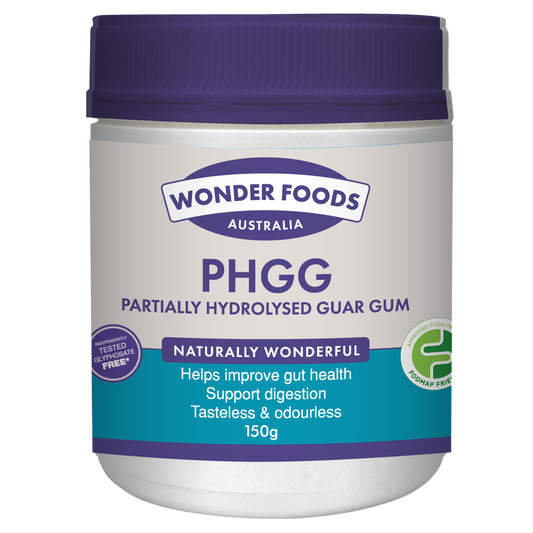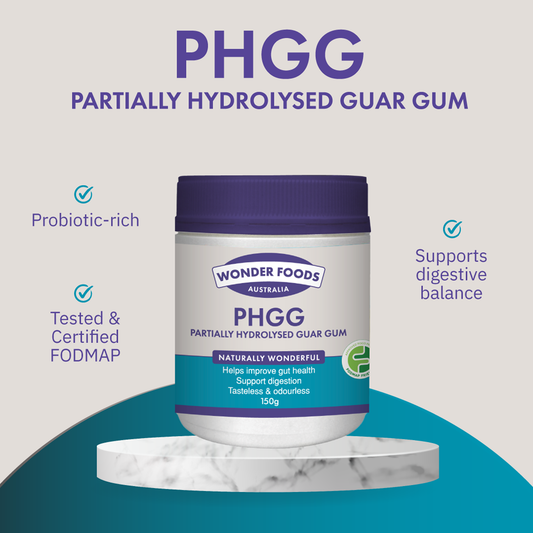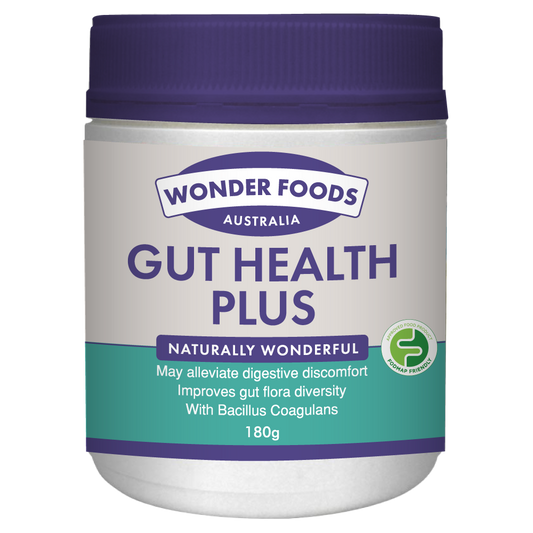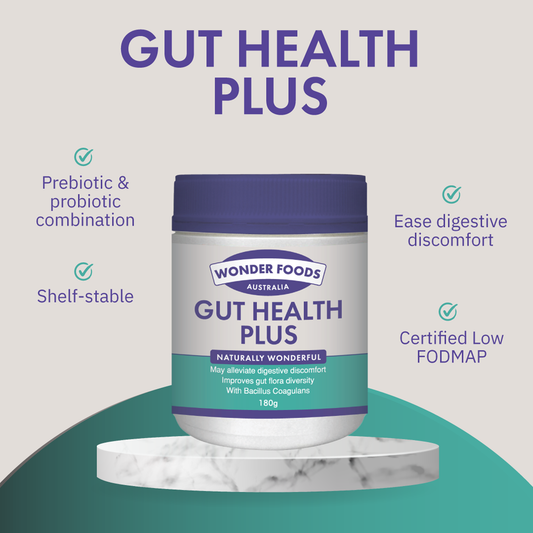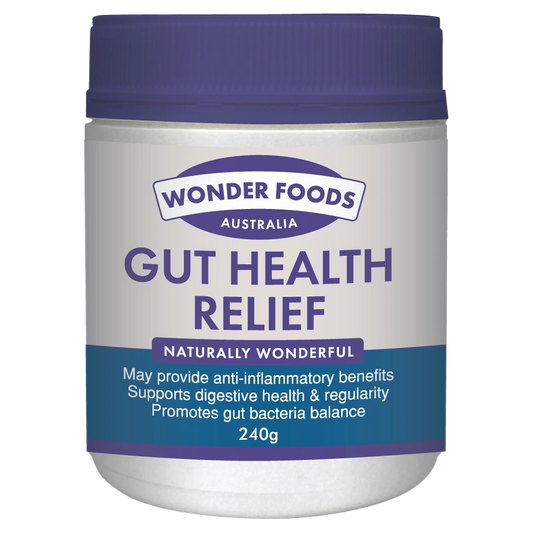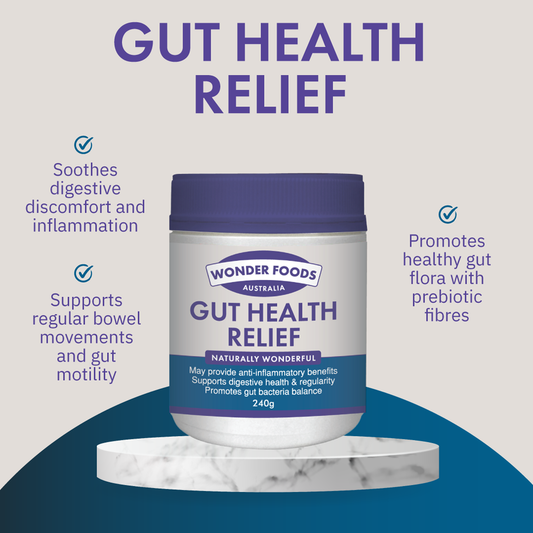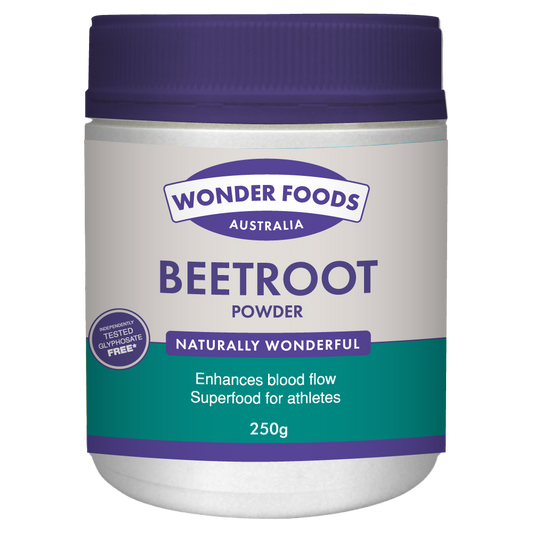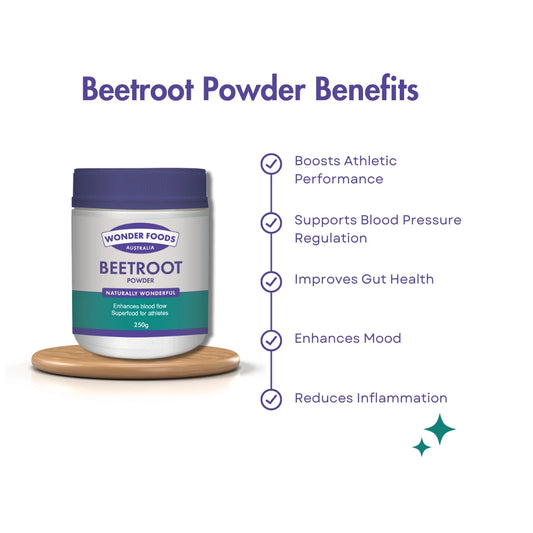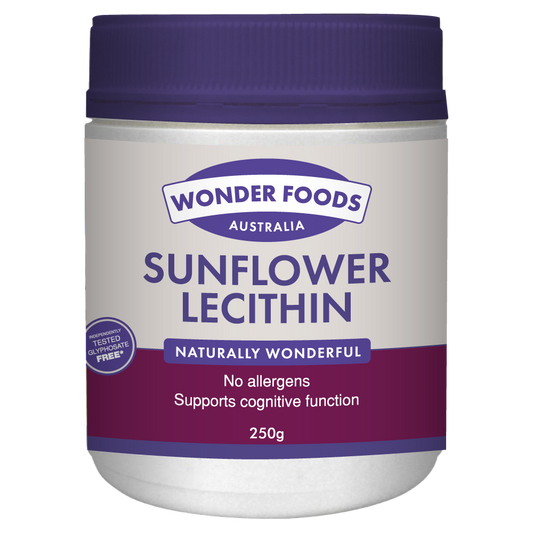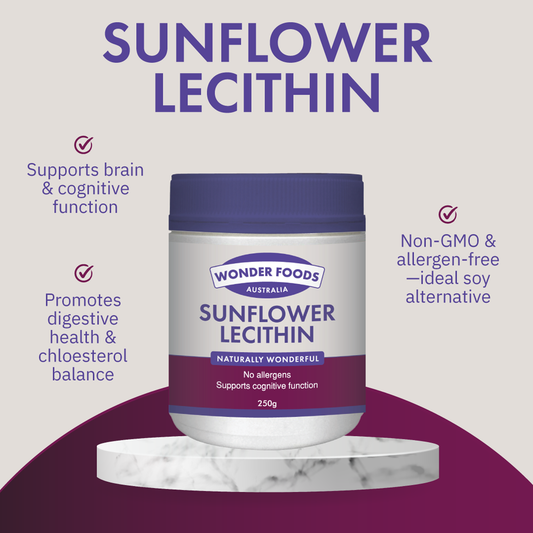
Leaky Gut Syndrome - Everything you Need to Know
What is Leaky Gut Syndrome?
Leaky gut syndrome is a proposed condition that isn't often recognised as a medical diagnosis.
It suggests that the intestines become more permeable, which can happen in certain digestive disorders.
For context, everyone's intestines are naturally semi-permeable, allowing water and nutrients to pass into the bloodstream.
However, some individuals experience increased intestinal permeability, or hyper-permeability, where their intestines allow more than just water and nutrients to pass through — they "leak."
Research shows that individuals with certain chronic gastrointestinal conditions have leakier guts, letting larger, potentially harmful molecules through.
The intestinal lining acts as a barrier, protecting the body from bacteria and other infectious agents, playing a key role in the immune system.
What are the Symptoms of Leaky Gut?
Many people who suspect they have leaky gut experience common digestive symptoms like stomach pain, food sensitivities, bloating, and indigestion.
These symptoms are quite common and can have various causes, many of which can harm the intestinal lining.
Are Leaky Gut and IBS the same?
IBS and Leaky Gut are closely connected, often affecting each other due to the gut's complexity.
It can be a "chicken or the egg" situation—IBS may cause leaky gut by harming the gut lining, or a leaky gut can trigger IBS-like symptoms.
Are Leaky Gut and SIBO the same?
IBS and Leaky Gut often occur together.
SIBO and Leaky Gut both occur in the small intestine. IBS tends to affect the large intestine.
Can Leaky Gut cause Low Iron?
Sometimes anaemia can be an early sign of leaky gut syndrome or occur alongside other symptoms.
When investigating the causes of anaemia, it's important to consider leaky gut syndrome as a potential factor.
Can Leaky Gut cause a UTI?
According to this study, "gut barrier impairment seems to play a major role" in UT infections.
And since antibiotics may be implicated in the cause of Leaky Gut, treating the UTI naturally with a Cranberry and D-Mannose solution should be a considered option.
Can Leaky Gut cause Autoimmune Disease?
This study looks at a 'relationship and possible cause and effect between the gut microbiota and the initiation or exacerbation of autoimmune diseases'.
Can Leaky Gut cause Chronic Fatigue?
Some studies show that leaky gut may be associated with other autoimmune diseases (lupus, type 1 diabetes, multiple sclerosis), chronic fatigue syndrome, fibromyalgia, arthritis, allergies, asthma, acne, obesity, and even mental illness
Can Leaky Gut cause Depression?
Yes, leaky gut syndrome may contribute to depression. When the intestinal lining becomes overly permeable—a condition known as "leaky gut"—it allows toxins and bacteria to enter the bloodstream, triggering inflammation. This systemic inflammation can impact brain function and mood regulation.
Studies on the gut-brain axis indicate that inflammation and gut microbiome imbalances may lead to or worsen mental health conditions, including depression.
By addressing gut health through dietary adjustments, probiotics, stress management, and improving your sleep it may be possible to reduce the impact of leaky gut on mental well-being.
Can Leaky Gut cause Dandruff?
Health Practitioners suggest there is a link between gut health and dandruff, explaining how imbalances in the gut microbiome can contribute to scalp health issues.
By supporting the gut microbiome through diet, probiotics, and lifestyle changes, you may find relief from dandruff symptoms and improve overall scalp health.
Are Antibiotics bad for a Leaky Gut?
Although antibiotics are frequently used to treat infections, their regular or improper use can harm the gut and contribute to leaky gut syndrome.
A balanced gut microbiome is essential for proper digestion, nutrient absorption, and immune system function.
Some Health Practitioners recommend taking a prebiotic when you've been prescribed an antibiotic.
Will Leaky Gut heal on its own?
The only way to heal a Leaky Gut is by addressing the underlying condition that’s causing it.
Treatments for conditions like IBS, celiac disease, and others linked to increased intestinal permeability have been proven to help repair the intestinal lining in affected individuals.
How long does a Leaky Gut take to heal?
Healing the gut can take between 4 weeks and 6 months.
It is important to remember Leaky Gut Syndrome doesn’t develop overnight, recovering from it also requires time.
What are the Worst Foods for a Leaky Gut?
- Wheat-based products: bread, pasta, cereal, couscous, and wheat flour.
- Gluten-containing grains: barley, rye, bulgur, seitan, triticale, and oats.
- Processed meats: deli meats, bacon, cold cuts, hot dogs, and sausages.
- Baked goods: cakes, cookies, muffins, pies, pastries, and pizza.
- Snack foods: pretzels, popcorn, crackers, granola bars, and muesli bars.
- Junk food: fast food, potato chips, sugary cereals, candy, and chocolate bars.
- Dairy products: milk, cheese, and ice cream.
- Industrial seed oils: canola oil, sunflower oil, soybean oil, and safflower oil.
- Artificial sweeteners: aspartame, sucralose, and saccharin.
- Sauces: salad dressings, soy sauce, teriyaki sauce, and hoisin sauce.
- Beverages: alcohol, soda, and sugary drinks.
Many Health Practitioners may recommend an Elimination Diet to help resolve your symptoms.
What is the Best Supplement for a Leaky Gut?
As we have seen, a Leaky Gut can cause a range of health issues.
A combined Probiotic and Prebiotic can be highly effective in restoring gut health by reducing inflammation and balancing gut bacteria.
Additionally, supplements such as Glutamine, Partially Hydrolysed Guar Gum (aka PHGG) and Slippery Elm bark (for soothing ability) can provide extra support for gut healing.
Which Foods heal Leaky Gut?
The aim is to focus on whole, natural and unprocessed foods.
Another way to think of this:
The foods you buy should BE the ingredients, not HAVE ingredients.
If you do have a sweet tooth, consider swapping out the sugar or artificial sweetener and rather choose a natural sugar alternative like Stevia.
What else can I do to recover from Leaky Gut?
Gut health is affected by so many other aspects of life.
Minimising stress might help (have you considered a weekly Epsom Salt bath?).
Improving your sleep routine can also have positive effects.
Can Leaky Gut affect my Skin Health?
Yes, there is plenty of evidence that Leaky Gut Syndrome can negatively affect your skin health, possibly through inflammation, poor nutrient absorption and metabolism.
Conclusion
Leaky Gut is a complex syndrome that many in the medical fraternity do not recognise.
It is important to eliminate the triggers that cause Leaky Gut Syndrome while improve your overall health, and specifically your gut health.
Disclaimer:
The information provided in this blog post is intended for general knowledge and educational purposes only. It is not a substitute for professional medical advice, diagnosis, or treatment. If you are experiencing symptoms of erectile dysfunction or any other medical condition, please consult a healthcare professional. While beetroot and its compounds may offer potential benefits, individual results may vary, and it is important to discuss any new supplements or dietary changes with your doctor, especially if you have underlying health conditions or are taking medications. The content in this post is not intended to diagnose, treat, cure, or prevent any disease.

